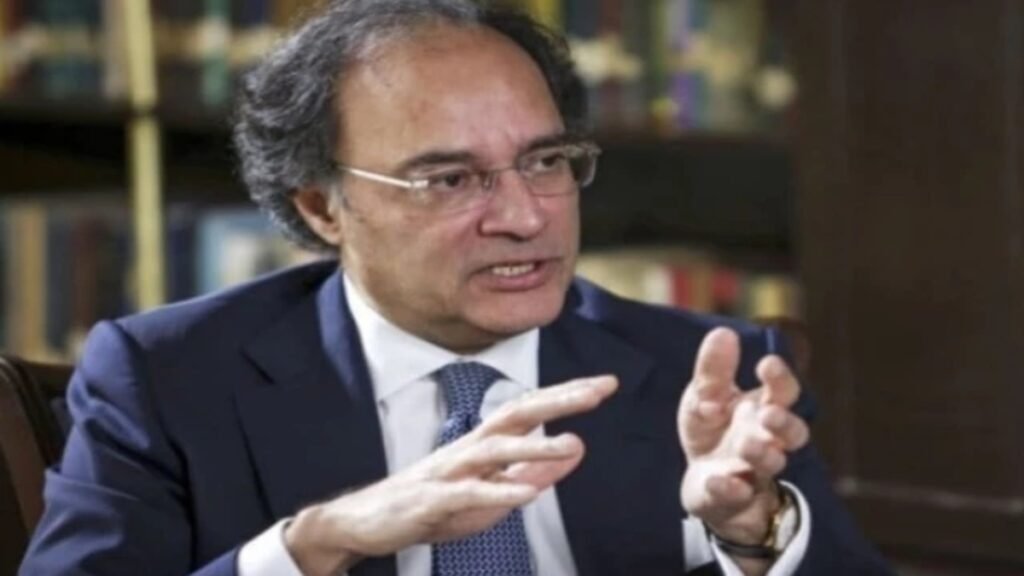At a time when India is lobbying for Pakistan’s return to the Financial Action Task Force (FATF) grey list, Islamabad’s Finance Minister, Muhammad Aurangzeb, has admitted that the country faces a genuine risk of slipping back into enhanced monitoring, reports The Tribune.
His warning stems from the surge in unregulated digital transactions, carried out by an estimated 10–15 per cent of the population. Aurangzeb told a workshop on blockchain and digital assets on Saturday that without urgent regulation, Pakistan’s fragile progress with FATF could quickly unravel.
“If certain level of activity is happening and happening at this scale, it’s only a question of when, not if, that we are going to get into trouble as a country, as a sovereign again,” the minister said. Pakistan was removed from the grey list in 2022 after six years of close scrutiny, a process that required painful reforms in its financial monitoring framework.
Pak digital transactions under scrutiny
Digital transactions remain illegal in Pakistan, with amendments to recognise digital currencies awaiting federal cabinet approval. Prime Minister Shehbaz Sharif has constituted a committee to further examine the proposals, which also include a provision for allowing dual nationals to serve as deputy governors of the State Bank of Pakistan.
Aurangzeb emphasised the importance of developing regulatory oversight to avoid the threat of international sanctions. “The increased activity has to be regulated due to the danger of sanctions. KYC and anti-money laundering compliance cannot be ignored,” he said.
Pakistan’s troubled record with FATF
Pakistan’s track record with the Financial Action Task Force (FATF) has been persistently poor, reflecting systemic weaknesses in its financial monitoring regime and its unwillingness to abandon policies linked to terrorism. The country was first placed on the grey list in 2008 for its role in financing extremist groups, and since then, has faced repeated scrutiny for failing to curb terror funding and money laundering. These lapses are closely tied to its long-standing practice of supporting cross-border terrorism, particularly directed against India.
Between June 2018 and October 2022, Pakistan endured one of its longest stints on the grey list—over four years. This period had severe economic repercussions: reduced foreign investment, higher costs of international borrowing, and prolonged reputational damage. The exit in 2022 came only after Islamabad implemented an action plan under immense global pressure, underscoring how compliance was externally driven rather than domestically prioritised.
India’s consistent position
India has consistently highlighted that Pakistan continues to use terror financing as an instrument of state policy. New Delhi argues that rigorous FATF monitoring remains crucial to hold Islamabad accountable and to prevent its financial system from being exploited by extremist networks.
Recent warnings by Finance Minister Muhammad Aurangzeb about the risk of slipping back onto the grey list due to unregulated digital transactions only reinforce India’s stance.


